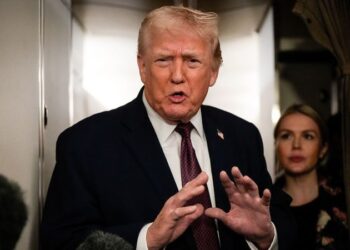Elon Musk strolls along Capitol Hill on December 5, 2024, the day before he meets with Senate Republican Leader-elect John Thune in Washington, D.C. Some legal experts and lawmakers who oppose the billionaire’s campaign against what he considers unnecessary government expenditure believe that Elon Musk is pushing the boundaries of ethical and legal restrictions on the function of special advisers in US presidential administrations. This article examines the legal issues raised by Musk’s efforts to reduce the size of the federal government.
According to the White House, Musk is a special federal employee, which means he is not compensated and is only permitted to work 130 days or less annually. Some, but not all, of the ethics and conflict-of-interest regulations that apply to government employees use to him.
Whether Musk needs to be confirmed as a cabinet official by the U.S. Senate is a matter of debate among legal experts due to his expanding involvement in government. Generally speaking, Senate confirmation is required for officials who report directly to the president and have significant discretion over important choices. The White House typically self-polices ethics and conflict-of-interest regulations for special federal workers. Trump told reporters Monday that the billionaire needed to have White House approval for his conduct.
Also Read:
Fostering Business Growth And Helping Break Market Stagnation With AXIOM EXPERTS: Georges Nasr
Crafting Bespoke Living Experience In Exquisite Locations With Glover Investments: Steven Glover






























































